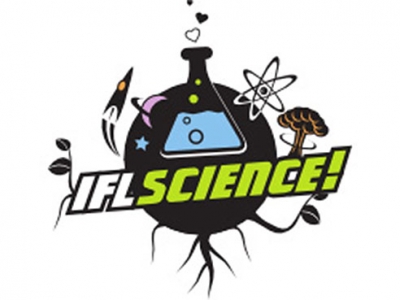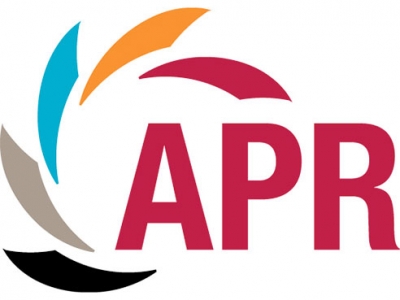In the News - News
"Though the decision to screen or not to screen needs to be individualized for each patient, the potential to detect the disease early offers the best chance of cure. There have been significant concerns about the impact screening will have on our health system and without question its introduction will be complex and require a multidisciplinary approach," said Mark Dransfield, M.D., associate professor, division of pulmonary, allergy and critical care medicine at the University of Alabama at Birmingham. He is also the medical director of the UAB Lung Health Center.
New research conducted at the University of Alabama at Birmingham has shown that the common blood pressure drug verapamil completely reverses type 1 diabetes in animal models. Now, with the help of a three-year, $2.1 million grant from the JDRF, UAB researchers will begin conducting a clinical trial in 2015 to see if it can do the same in humans.
"Crowdfunding is a remarkable tool for making big ideas a reality," Shirley Salloway Kahn, UAB senior vice president of development, alumni and external relations, said in the release. "Everyone can play a role in making history at UAB in ways big and small. With just a click, you can give something and change everything."
Dr. Joseph R. Biggio Jr. has been delivering babies for 15 years and heads the division of maternal and fetal medicine within the department of obstetrics and gynecology at the University of Alabama at Birmingham. He said he has partnered with several CNMs at the university’s hospital and vouches for their care. He said he is not attacking midwives, though he does question the scope of their training. His main problem is the birth venue — at home — and the time it takes to transfer a woman to a hospital in an emergency.
'We have previously shown that verapamil can prevent diabetes and even reverse the disease in mouse models and reduce TXNIP in human islet beta cells, suggesting that it may have beneficial effects in humans as well,' said Anath Shalev,of UAB's Comprehensive Diabetes Center, who is leading the trial.
From The L.A. Times
The real story of breast cancer in 2014 is all about nuances, the search to unlock the complexities of cancer etiologies, and develop treatments that will target specific cancer sub-types. In labs around the globe, scientists are investigating an array of novel approaches to outwitting each type: immunotherapy isn't the same as the targeting of biomarkers or manipulation of tumor microenvironments, said Cynthia Ryan.
The real story of breast cancer in 2014 is all about nuances, the search to unlock the complexities of cancer etiologies, and develop treatments that will target specific cancer sub-types. In labs around the globe, scientists are investigating an array of novel approaches to outwitting each type: immunotherapy isn't the same as the targeting of biomarkers or manipulation of tumor microenvironments, said Cynthia Ryan.
In 2001, Christine Skibola, Ph.D., now a professor of epidemiology at the University of Alabama at Birmingham School of Public Health, joined forces with a small group seeking a large goal -- discovery of genetic and environmental links to the white blood cell tumors that collectively are called lymphomas.
"We have previously shown that verapamil can prevent diabetes and even reverse the disease in mouse models and reduce TXNIP in human islet beta cells, suggesting that it may have beneficial effects in humans as well," Dr. Anath Shalev, director of UAB's Comprehensive Diabetes Center and principal investigator of the verapamil clinical trial.
Dr. David Schwebel, one of the study’s authors, says the benefits of sports and recreational activities usually outweigh the risks for kids. “We should continue to preach safety in activities that are organized and activities that are unorganized,” he said in a statement. “I think it’s the task of parents, coaches, school administrators and even children themselves to be wary that injuries can and do occur and that most are preventable.”




















